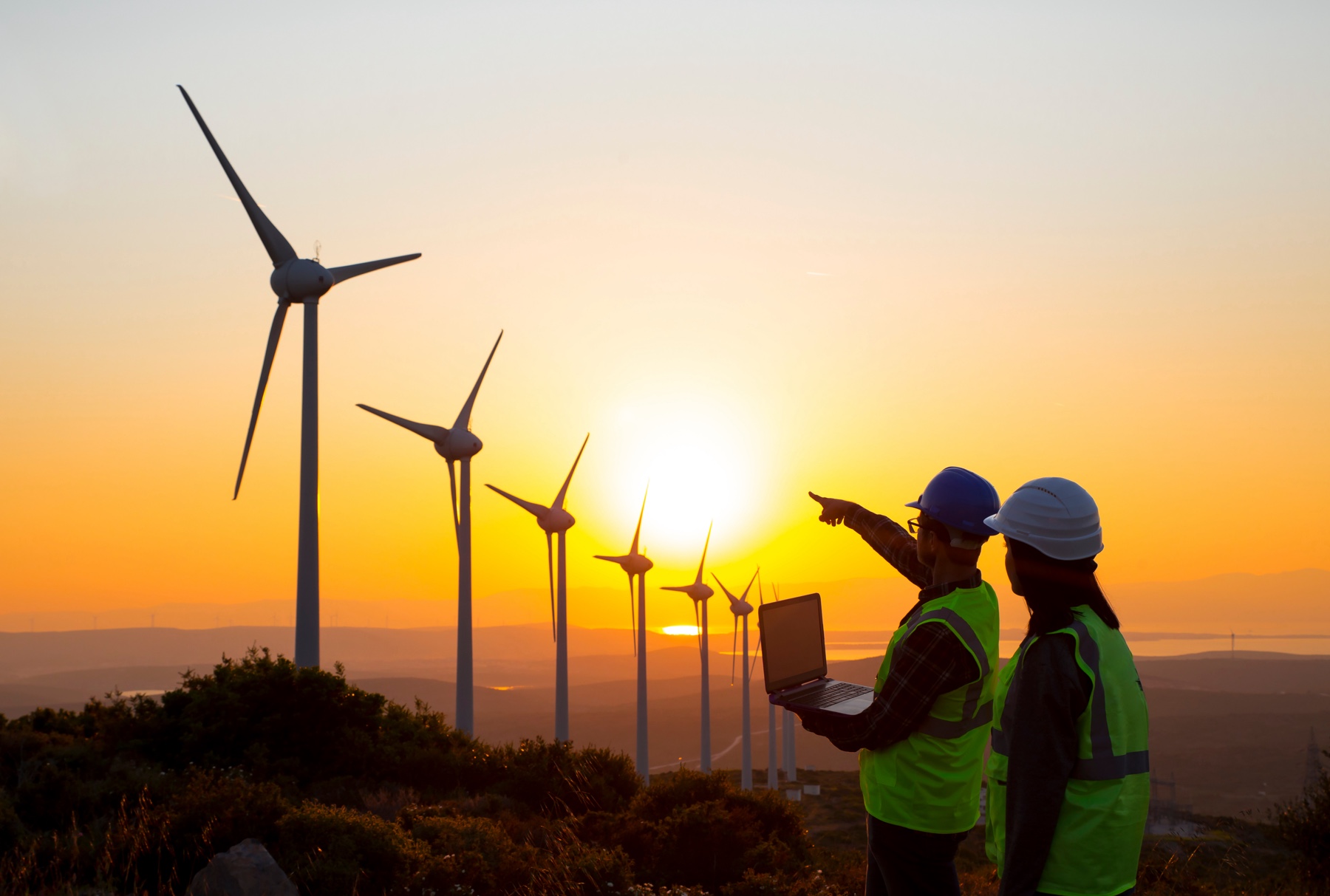Upscaling Bioelectrochemical Systems
Bioelectrochemical systems (BES) have the potential to provide a new generation of wastewater treatment systems. They can be retrofitted. They could also provide wastewater treatment and limited energy in rural or poor areas.
Description
Scaling up bioelectrochemical systems is one of the greatest research challenges in this area.
Bioelectrochemical systems (BES) are battery-like cells. They use biofilms of naturally occurring bacteria to digest waste organics. From this, they then donate electrons to a circuit, generating current.
BES could be a critical innovation to enable the circular economy vision of unlocking the energy in wastewater.
Laboratory scale experiments produce different and non-representative results. Testing at pilot scale is critical. But these systems have high inherent variability. Thus, gaining accurate re-producible experimental data is difficult.
We have designed, built and tested a series of pilot scale reactors at Northumbrian Water sites. We have commissioned three replica 1m3 reactors at BEWISe. The BEWISe facility is available to academia and industry to make innovations in wastewater treatment a reality for the water sector.
